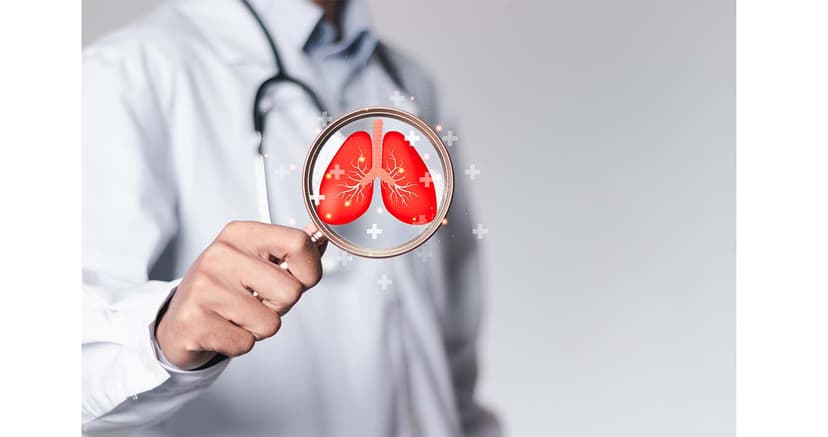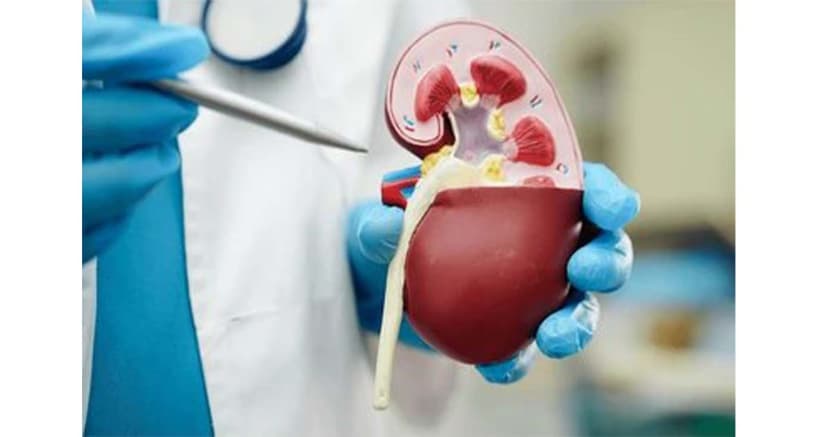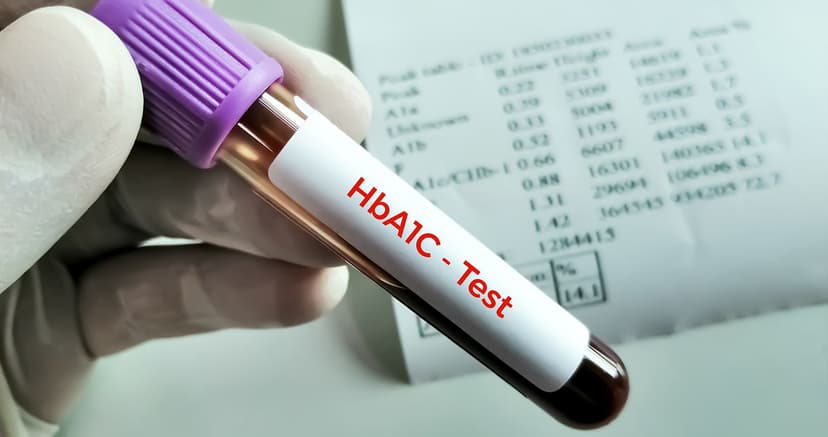Understanding Statins: How Do They Lower Cholesterol?
By:

Apex Hospitals
24-08-2024

Cholesterol management is a critical aspect of maintaining heart health, and statins play a vital role in this process for many people. Statins are among the most commonly prescribed medications worldwide, known for their effectiveness in lowering cholesterol levels and reducing the risk of heart attacks and strokes. But how exactly do these medications work? In this article, we'll explore the science behind statins, uncovering how they target cholesterol production in the body and why they effectively prevent cardiovascular disease. Understanding how statins lower cholesterol can help you make informed decisions about your heart health and treatment options.
What is a statin?
Cholesterol is a waxy, fat-like substance present in every cell of the body, essential for various bodily functions. While your body naturally produces all the cholesterol it needs, your foods can contribute additional cholesterol. Cholesterol exists in high-density lipoprotein (HDL) and low-density lipoprotein (LDL). HDL, often called the "good" cholesterol, helps remove excess cholesterol from the body, whereas LDL, known as the "bad" cholesterol, contributes to the buildup in arteries, potentially leading to heart attacks or strokes.
Doctors may prescribe statins to lower the risk of these cardiovascular events. Statins are a class of medications designed to lower cholesterol levels. Although some cholesterol in your blood comes from dietary sources, the liver produces the majority. Statins decrease the liver's cholesterol production and enhance its ability to remove existing cholesterol from the bloodstream.
Additionally, statins may reduce inflammation in the artery walls, further preventing blockages that can harm vital organs like the heart and brain.
How does statin work?
Doctors often recommend statins for individuals with high cholesterol or those at risk of cardiovascular disease. Statins effectively lower cholesterol in two primary ways:
1. Inhibiting Cholesterol Production: Statins block a specific enzyme involved in the production of cholesterol in the liver. By reducing cholesterol synthesis, statins decrease the overall amount of cholesterol circulating in the bloodstream.
2. Reabsorbing Existing Cholesterol: Since cholesterol is essential for various bodily functions, such as digestion, hormone production, and vitamin D absorption, the body still needs it even when production is reduced. Statins encourage the liver to increase the number of LDL receptors on its surface. These receptors capture LDL (low-density lipoprotein) particles from the bloodstream, lowering blood cholesterol levels and helping prevent cholesterol buildup in the arteries.
What are the benefits and risks of statins?
Benefits of statins
Statins offer several benefits, particularly for individuals with high cholesterol or those at risk of cardiovascular disease:
1. Lowering LDL Cholesterol: Statins effectively reduce low-density lipoprotein (LDL) levels, often called "bad" cholesterol. Lowering LDL cholesterol reduces the risk of plaque buildup in arteries, which can lead to heart attacks and strokes.
2. Reducing the Risk of Heart Attack and Stroke: By lowering cholesterol levels, statins significantly decrease the likelihood of heart attacks, strokes, and other cardiovascular events, especially in people with a history of heart disease or those at high risk.
3. Slowing the Progression of Atherosclerosis: Statins can help slow down or even reverse the progression of atherosclerosis. In this condition, plaque builds up in the arteries, narrowing them and restricting blood flow.
4. Stabilizing Plaques: Statins contribute to stabilizing plaques in the arteries, making them less likely to rupture and cause blood clots, which can lead to heart attacks or strokes.
5. Reducing Inflammation: Statins have anti-inflammatory properties, which help reduce inflammation in the arterial walls. This can further lower the risk of cardiovascular events.
6. Potential Benefits Beyond Cholesterol: Some studies suggest that statins may have additional benefits, such as reducing the risk of certain types of cancer, improving endothelial function, and reducing the risk of dementia. However, these benefits are still being studied and must be fully established.
7. Improving Survival Rates: Statin therapy has been shown to improve survival rates in people with existing cardiovascular disease by reducing the risk of further cardiovascular events.
Risks of statins
While statins are generally safe and effective, they can carry some risks and potential side effects, especially with long-term use. Here are the critical risks associated with statin use:
1. Muscle Pain and Weakness
2. Liver Damage
3. Increased Blood Sugar Levels
4. Digestive Problems
5. Memory Loss or Confusion
6. Allergic Reactions
7. Kidney Problems
Who should take statin?
Individuals who have experienced a heart attack or stroke, have diabetes or possess elevated levels of "bad" cholesterol, as well as those at high risk for heart disease or stroke due to factors like high blood pressure, can improve their health and longevity by taking statin medication. Since the benefits of statins differ based on an individual’s risk of heart attack or stroke, it's essential to discuss your risks and treatment preferences with your healthcare provider. Collaborating with your clinician will help you make an informed decision that supports your long-term health.
If your LDL cholesterol levels are elevated, consult our experts to explore the most effective strategies for returning your numbers to a healthy range. While statins may be an option, your doctor might suggest other approaches first. The key is to meet with a healthcare professional to find a solution that supports your overall well-being. Schedule your appointment today.
FAQS
Related Articles
Connect With Us
Health In A Snap, Just One App.
KNOW MORE



































































































